UN aid cut can have ‘serious consequences’ for Rohingya refugees: Activist
By Syed Zafar Mehdi
The decision by the United Nations to slash rations for nearly 1 million Rohingya camp residents in what is known as the world’s largest refugee settlement in Bangladesh can have “serious and far-reaching consequences”, according to a prominent Rohingya campaigner.
In an interview with the Press TV website on Saturday, Nay San Lwin, co-founder of Free Rohingya Coalition, said there is an increased risk of acute malnutrition among the Rohingya population, with limited access to food, particularly among vulnerable groups such as children and pregnant women.
“Unfortunately, this decision leaves the Rohingya refugees with no alternative but to contemplate participating in the so-called repatriation process. When people are left with no choices, they may feel compelled to do anything to ensure their survival,” he remarked.
“As a result, many could fall victim to human traffickers and be trafficked to other countries. The reduction in rations will have severe consequences for the Rohingya community, potentially leading to its complete destruction. This decision carries significant risks and jeopardizes the well-being and future of the Rohingya people.”
Last month, the UN in Bangladesh announced further cuts in food rations for Rohingya refugees, after a funding shortfall of $56 million prompted the World Food Programme (WFP) to cut the budget further.
The cuts mean the value of rations provided to Rohingya refugees will be $8 per month now, or 27 cents per day, compared to $12 per person per month at the beginning of the year.
UN Resident Coordinator in Bangladesh, Gwyn Lewis, has warned that the decision will be “devastating, particularly for women and children and the most vulnerable in the community.”
Hundreds of thousands of Muslim Rohingya fled Myanmar after a brutal military crackdown in Rakhine state in August 2017, escaping persecution, murder, arson, and rape, which the then-UN human rights chief described as a "textbook case of ethnic cleansing."
The atrocities against the members of the persecuted community were widely documented by international human rights bodies, including gang rapes, torture, murder, and destruction of property.
UN refugee agency has insisted that the repatriation of Rohingya to their home country must take place in “safe and dignified conditions that pave the way for lasting solutions.”
Last month, a UN-appointed independent rights expert Tom Andrews said Bangladesh must “immediately suspend” a pilot repatriation project for Rohingya refugees, as they face “serious risks” to their lives and freedom in Myanmar.
“The return of Rohingya refugees under these conditions would likely violate Bangladesh’s obligations under international law and expose Rohingya to gross human rights violations and, potentially, future atrocity crimes,” Andrews said.
Lwin said he always expresses “gratitude” for the efforts made by Bangladeshi authorities “in providing shelter for the Rohingya” after they were forced to leave their home country.
“Given that the Rohingya have sought refuge in Bangladesh, the host country is consistently working towards repatriating them as soon as possible. Bangladesh has maintained the hope that the Myanmar regime would undergo a change and has persistently attempted to facilitate the repatriation process,” he told the Press TV website.
“However, recent developments have indicated a lack of willingness on the part of the Myanmar junta to accept the Rohingya back. If the Myanmar junta genuinely intends to repatriate the Rohingya, they would need to demonstrate significant efforts and provide assurances.”
The prominent Rohingya campaigner who has even faced threats to his life said he is hesitant in referring to the process as “repatriation” but “camp transfer” as the Myanmar junta has constructed “a camp with barbed wires and guard posts” which resembles “a prison camp for the returnees.”
“We must remain patient and wait to see how the situation unfolds. If the survivors of the Rohingya genocide are compelled to move from the camps in Bangladesh to the camps in Myanmar, it would undoubtedly damage Bangladesh's reputation,” he asserted.
The founder of the Free Rohingya Coalition faulted the ongoing repatriation process, calling it “a transfer from the refugee camps in Bangladesh to a concentration camp in Myanmar.”
“As I understand it, repatriation should involve refugees returning to their homeland, where they would regain their land, and rights, and receive reparation. However, the recent process doesn't seem like true repatriation. It feels more like transferring the refugees from one camp to another,” Lwin noted.
“There are still 130,000 refugees inside the country who have been stuck in camps for over 11 years. Even though they are called internally displaced persons (IDPs), I see them more like prisoners. They have very limited rights and depend on aid organizations for education, healthcare, and food. The Myanmar regime seems intent on destroying them, and keeping them in these camps only makes their lives worse.”
He further said the military that committed genocide against the Rohingya is in power now and it has not made any declaration to ensure the Rohingya, who were once recognized as an official ethnic group and held full citizenship until the implementation of the new citizenship law in 1982, are not persecuted again.
“The Rakhine State has become a killing field for the Rohingya. This process requires multiple parties to provide extensive assurances. Simply returning without any guarantees is akin to returning to a killing field,” Lwin stressed.
VIDEO | Press TV's news headlines
Israel plans to seize Palestinian-owned land in occupied East al-Quds
VIDEO | Displacement in Al-Ouja: A broader push to reshape the occupied West Bank
World Economic Forum revokes Iran FM’s invitation 'under US-Israeli pressure'
VIDEO | The West’s blueprint for modern leadership change war
Iran resolved to protect its independence, security against foreign intervention: FM
Heads of govt. branches vow to resolve economic woes, ensure public security
Several killed as explosion rips through Kabul's high-security district


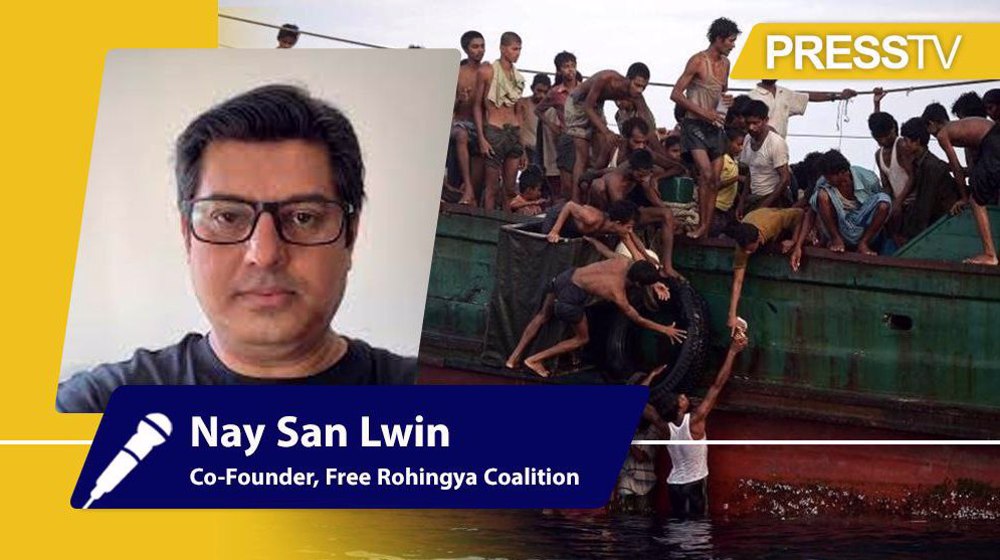
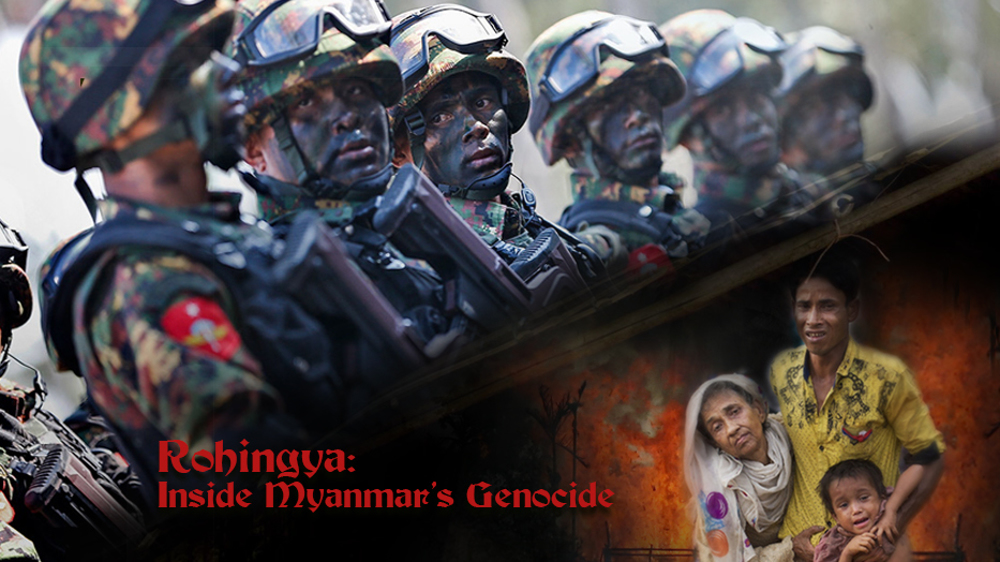
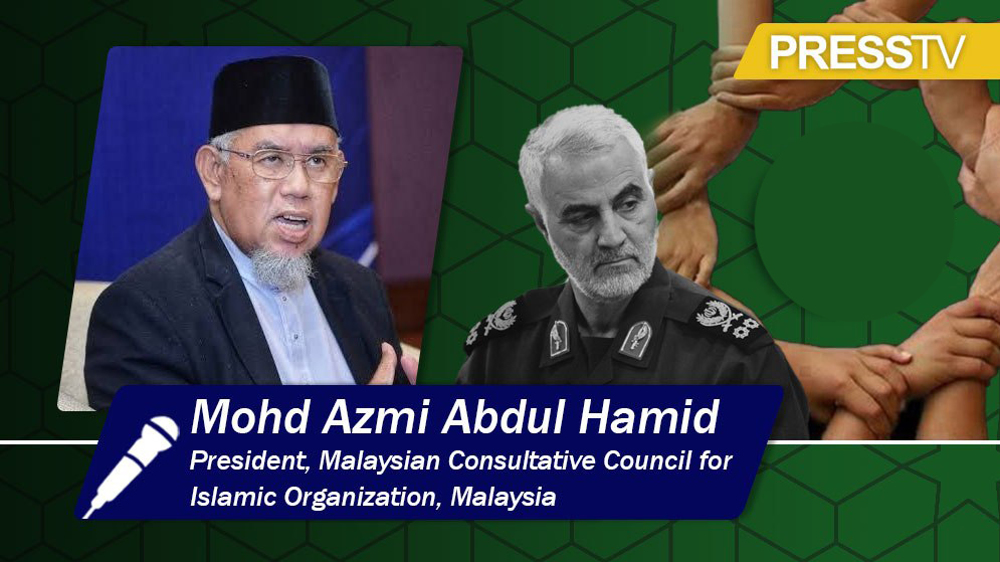





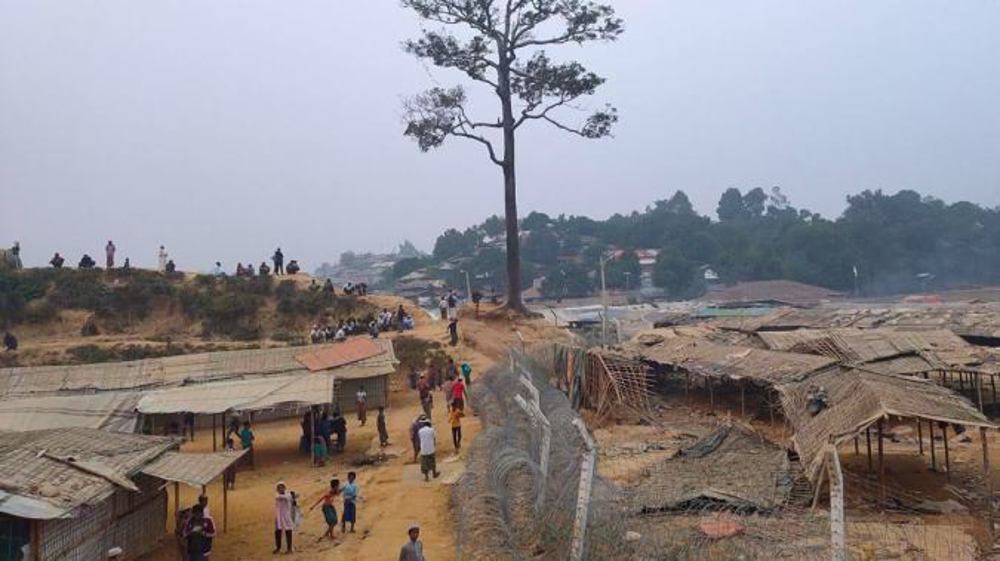
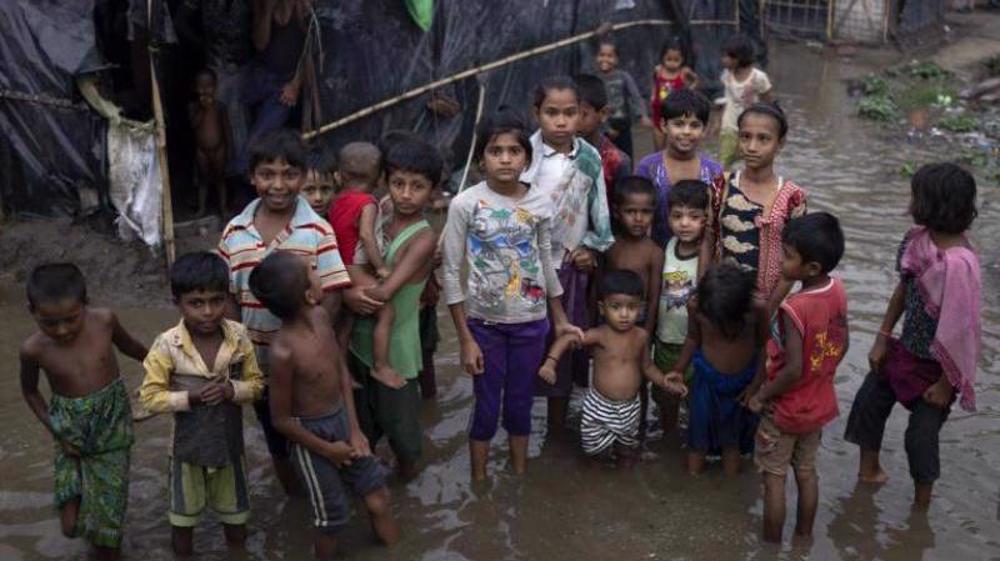
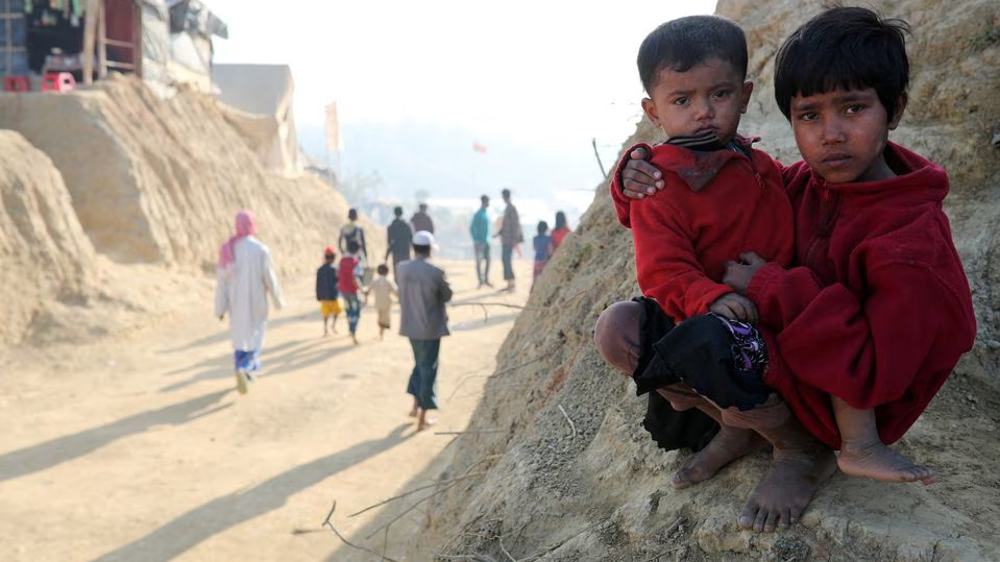
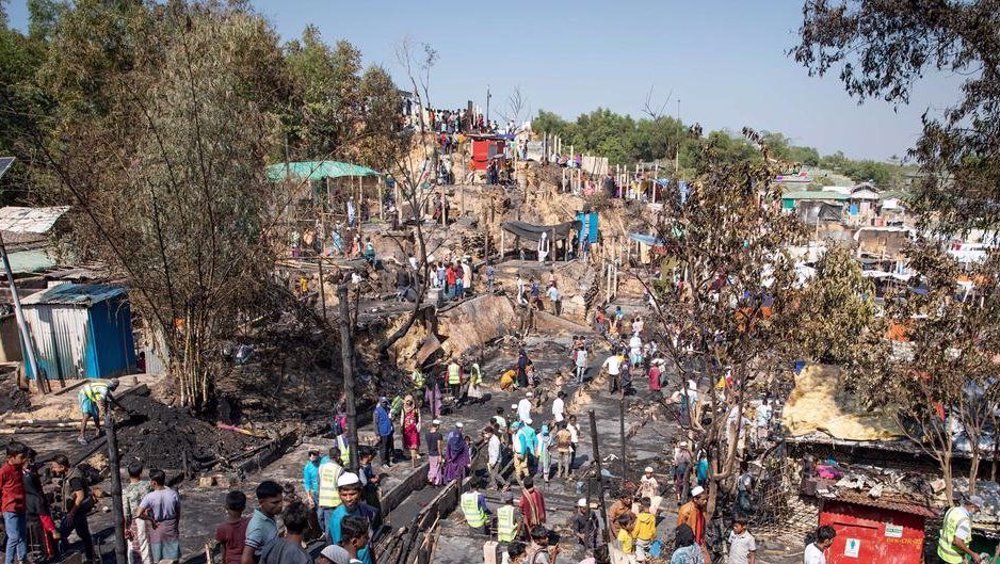
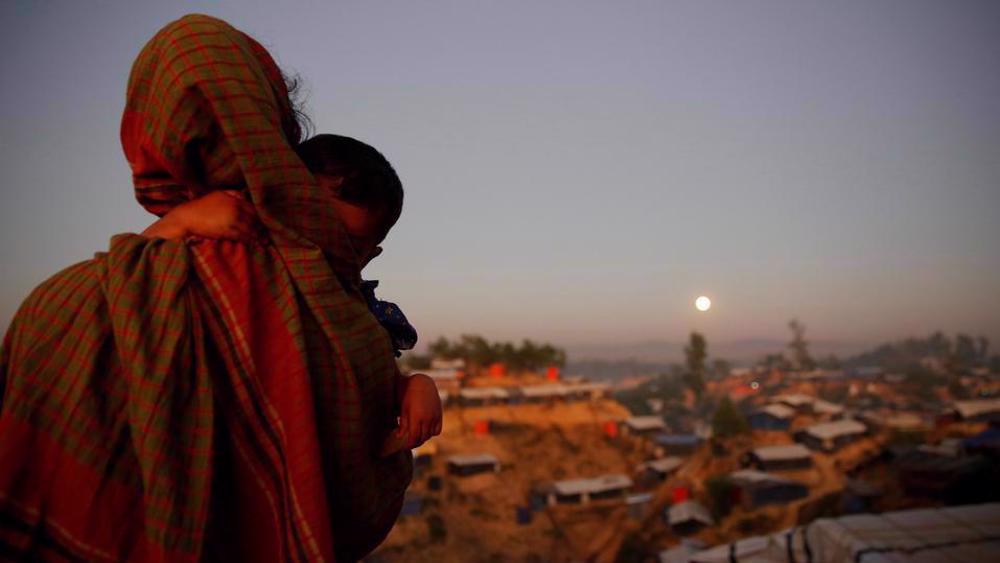

 This makes it easy to access the Press TV website
This makes it easy to access the Press TV website